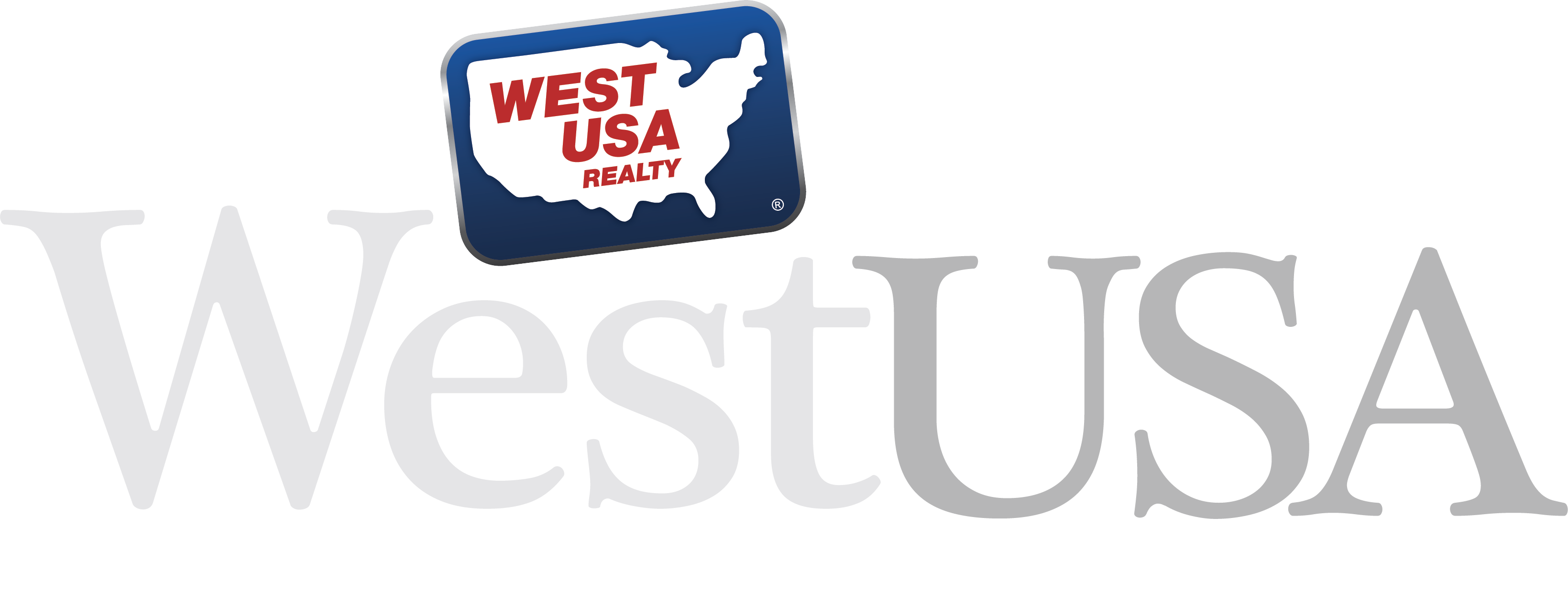



In a real estate landscape where inventory is high and buyers hold the upper hand, selling your home can feel like an uphill battle. However, with a strategic approach, sellers can not only navigate but also succeed in a buyer's market. This guide provides a comprehensive roadmap to effectively price, present, market, and negotiate the sale of your property, ensuring you attract the right buyers and achieve the best possible outcome.
A buyer's market is characterized by a surplus of homes for sale and fewer interested buyers. This imbalance of supply and demand leads to increased competition among sellers, longer listing times, and downward pressure on prices. In this environment, buyers have more options and greater negotiating power. To stand out, sellers must be proactive and strategic in every aspect of the selling process.
The most critical factor in a buyer's market is setting the right price from the outset. Overpricing your home will deter potential buyers and can lead to your property languishing on the market, which can be detrimental in a competitive environment.
"A comparative market analysis (CMA) from a qualified real estate agent is essential," explains a seasoned real estate professional. "This analysis will compare your home to similar properties that have recently sold in your area, providing a data-driven basis for your asking price."
Key Pricing Strategies:
Price Competitively, or Even Slightly Below Market Value: To generate immediate interest and potentially spark a bidding war, consider pricing your home at or slightly below its fair market value. This can attract a larger pool of buyers and create a sense of urgency.
Avoid Emotional Pricing: It's crucial to detach emotionally from your home and view it as a product for sale. Your personal attachment does not equate to market value.
Be Prepared for Price Adjustments: If your home isn't generating sufficient interest or offers within the first few weeks, be prepared to adjust the price. A proactive price reduction is more effective than a series of small, reactive cuts.
With a plethora of options available, buyers in a buyer's market can afford to be selective. Your home's presentation, both online and in person, must be impeccable to capture their attention and create a lasting positive impression.
Essential Presentation Tips:
In a saturated market, a robust and targeted marketing plan is crucial to ensure your property gets the visibility it deserves.
Effective Marketing Strategies:
Leverage Online Platforms: Your home should be listed on all major real estate websites and the Multiple Listing Service (MLS). Ensure your online listing is complete with a compelling description, high-quality photos, and a virtual tour.
Highlight Unique Selling Propositions: What makes your home special? Be sure to emphasize unique features such as a newly renovated kitchen, a spacious backyard, or proximity to desirable amenities.
Negotiations in a buyer's market often require more flexibility and creativity from the seller. Being prepared and understanding the buyer's motivations are key to a successful outcome.
Smart Negotiation Tactics:
Be Responsive and Flexible: Respond to offers promptly and be prepared to negotiate on more than just the price.
Consider Concessions: Offering to cover some of the buyer's closing costs, including a home warranty, or being flexible on the closing date can make your offer more attractive.
Focus on a Win-Win Outcome: A successful negotiation is one where both parties feel they have achieved a fair deal. Approach the process with a collaborative mindset.
In a challenging market, the expertise of a skilled real estate agent is invaluable. Choosing the right professional can make a significant difference in the speed and success of your sale.
What to Look for in an Agent for a Buyer's Market:
Proven Track Record in Your Local Market: Look for an agent who has a deep understanding of your neighborhood and a history of successful sales, even in down markets.
A Comprehensive Marketing Plan: Ask potential agents to detail their marketing strategy for your specific property. This should include professional photography, online marketing, and social media promotion.
Excellent Communication and Negotiation Skills: Your agent should be a strong communicator who keeps you informed and a skilled negotiator who can advocate for your best interests.
Honesty and Realistic Expectations: A good agent will provide you with an honest assessment of your home's value and set realistic expectations for the selling process in a buyer's market.
Questions to Ask Potential Agents:
How will you price my home competitively in the current market?
What is your specific marketing plan for a property like mine?
Can you provide examples of your marketing materials for recent listings?
How will you handle negotiations in a buyer's market?
What is your communication style and how often will I hear from you?
Selling a home in a buyer's market requires a strategic and proactive approach. By focusing on competitive pricing, impeccable presentation, targeted marketing, and skilled negotiation, and by partnering with the right real estate professional, sellers can successfully navigate the challenges and achieve their selling goals.